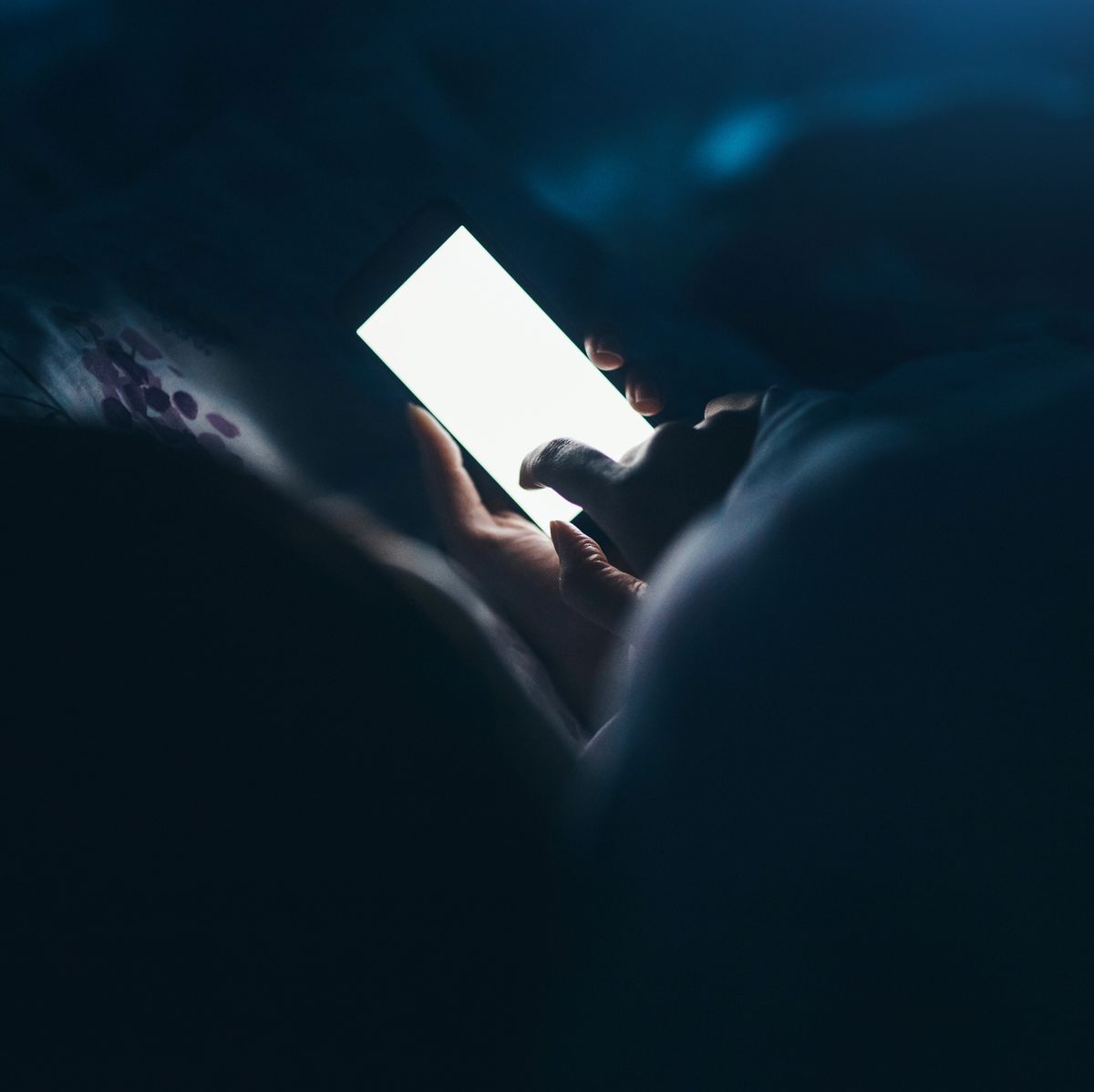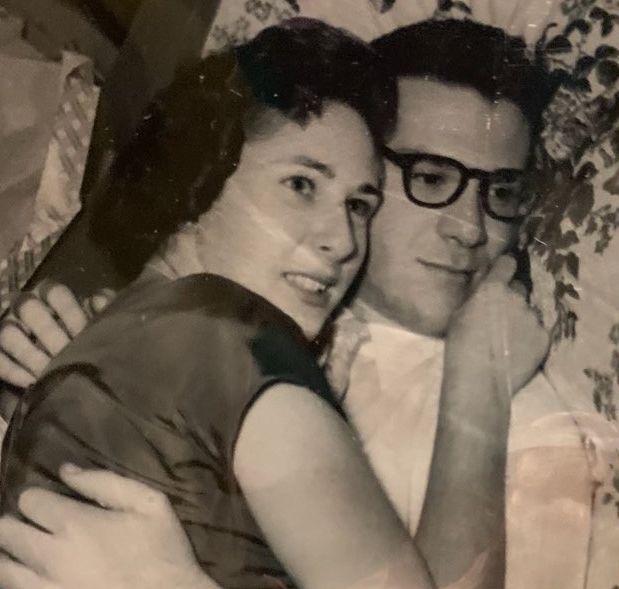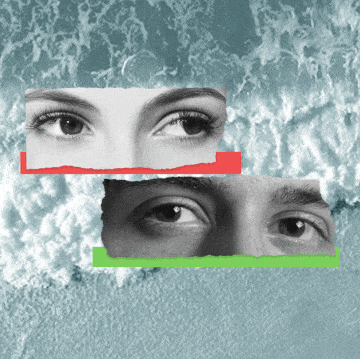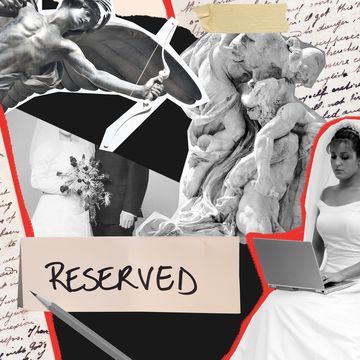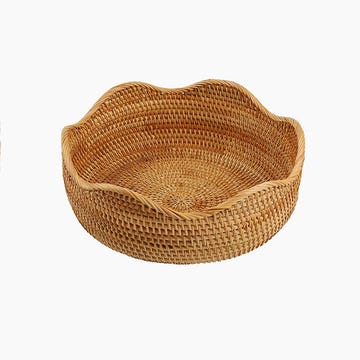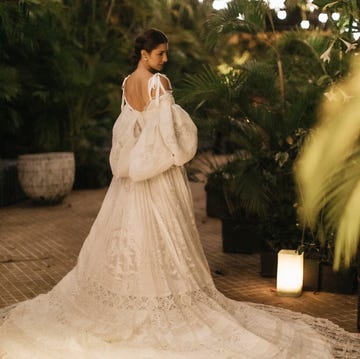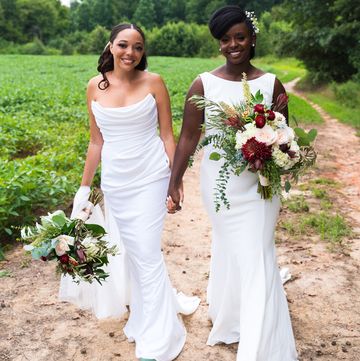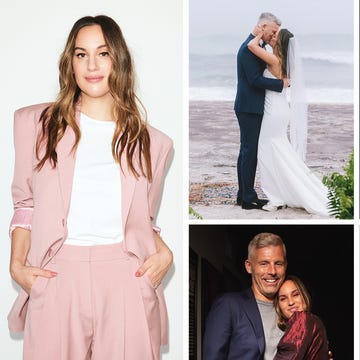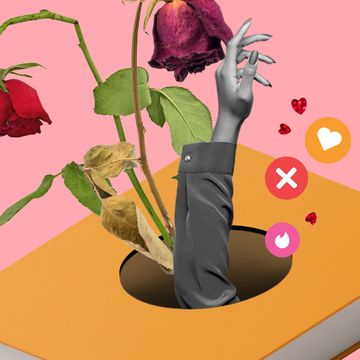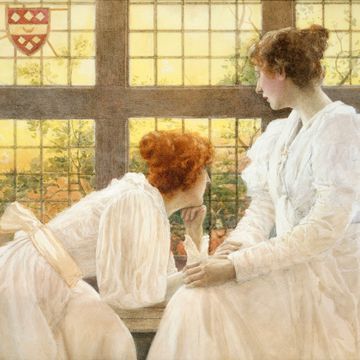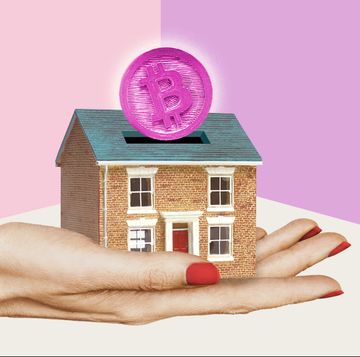The screens started with ambition. Last April, as the pandemic kicked into high gear and airline prices plummeted, a group of friends and I decided it would be the perfect time to buy tickets for a trip we’d been discussing for months: a Christmas-time vacation to New Zealand to celebrate one of us graduating with a master’s in public health. (Ironic, yes.) Sure, we’d all been instructed to work from home, and sure, nothing we heard on the news sounded particularly promising, but it seemed unimaginable that we’d be in the exact same circumstances eight months into the future. We diligently checked the fine-print refund policies, purchased some flights, decided we were thrifty and optimistic, and gathered on Zoom off and on for weeks to plan the specifics of our impending adventure.
Instead, the only place the four of us have been together this past year is online. On Zoom, on FaceTime, on Google Chat, we convene in small screens inside a big screen, trying our hardest to bring some tangible joy to a 2-D hangout. It will come as no shock to you that we canceled our trip, postponing it to another time. Yes, we have hope thanks to the vaccine, but I refuse to plan that far ahead yet.
So until then, we will meet here, where many of our conversations took place over years spent traveling the country, starting new jobs, or going back to school. Before COVID-19, those virtual interactions were mere stop-gaps, a temporary fix until we could be together in person again. Now, for many of us, video chatting has transformed into one of our only windows to a world beyond our own four walls. As we transitioned to working from home, our screens became a portal into an “office” made up of co-workers’ bookshelves and childhood bedrooms, with frequent cameos from household pets or wandering roommates. My friends started to spend their evenings going on FaceTime dates or attending virtual book clubs, excited for the easy exit available at the click of a button. Instead of the party we’d been planning for months, we hosted my mom’s 60th birthday on Zoom, and ended our Thanksgiving dinner not on the couch but the computer, catching up with family. In those final weeks of 2020, we celebrated Christmas with video calls from my partner’s parents, so many states and snowstorms between us.
And as exhausting or awkward or unsatisfying as these experiences have been, especially when compared to the real-life ones we longed for, they turned into a necessary salve, a challenge in creativity, and at times, an infuriating reminder of reality.
This past December, I said goodbye to my grandmother over FaceTime. On a Saturday, a little more than a week since she’d entered the hospital with complications from COVID, I answered a call from my mom that immediately transported me not just into her kitchen, but also into my aunt’s house, my cousin’s apartment, my brother’s bedroom, and the hospital bed my grandfather was standing beside. It was a scramble to get everyone on at the same time, to get everyone to answer on an otherwise nondescript morning. But then suddenly, though none of us were together, we were here, on this iPhone my grandfather borrowed from a nurse. (He’s an Android kind of guy.) Instead of arms, we settled into one-inch boxes to listen to my grandmother’s labored breathing and watch my grandfather push her hair back with a gloved hand. Through two masks, he repeated over and over again: “I’m here. I’m here. I’m here.”
Then, just as suddenly, I was back, back in my house, just a person sitting by herself, holding a phone instead of my family and our pain. It was devastating and anti-climatic all at once, a confusing and abrupt end. It was also one people told me to be grateful for—at least we were able to see her, at least my grandfather was able to enter the hospital, if only for a little while. This death, measured against all the year’s other deaths; our family, measured against all other families who weren’t afforded such things. And the sentiment is not wrong. I am grateful. I’m grateful for the time and space we were given, for the technology that allowed us to have it, and the privilege to have had access to both. I am grateful for a sense of closure, as fuzzy as it may be, and for the knowledge that during those final hours, she wasn’t always alone. But mostly, I am humbled to join the statistics, to share in this horror so few of us have been able to escape. This isn’t just our private death, but a death that is part of a larger story of this virus. In some ways, we’re no longer singular, but forever a member of this strange alliance.
My family came together the same way nearly a week later, a handful of us on Zoom watching the livestream of my grandmother’s funeral—an exceptionally 2020 sentence. In a stroke of Gen-Z genius, my 19-year-old cousin, who was one of three people in person at the funeral, joined the video call from her phone so we could all see the second part of the ceremony, which took place outside the synagogue and beyond the original livestream’s borders. And we did it all again the next night, showing up in our Brady Bunch rectangles for a virtual memorial, sharing stories and purchasing the Zoom subscription that goes beyond the 40-minute time limit. Without any reason to leave, a group of us stayed online until 1 a.m. We were already home, after all, and our conversation spiraled into the night.
Though this death is complex for me, I’ve learned that none of this is all that complicated: My relationship with my grandmother was loving but not perfect, and it never would be. I hadn’t seen her in more than a year, and I won’t be able to again. The way she died was awful and perhaps in some way preventable, but so few people with actual power tried to prevent it. I watched her dying on the same screen that I spoke to my best friend on hours later. I am sad and have felt increasingly unable to compartmentalize the trauma of this past year, but the days go on and so will I. My screens, which have held so much heartache, are the place where sweet friends check in on me, day after day; where I’ve spent nights playing Jackbox games and having PowerPoint parties; the only place I’ve been able to see my mom’s face in these long winter months. They remind me of how truly separated we all are and have also brought me, virtually, into other people’s arms when I needed them most. They are not perfect, and they never will be. But for now, they’re the closest thing we have to enough.

Madison is a senior writer/editor at ELLE.com, covering news, politics, and culture. When she's not on the internet, you can most likely find her taking a nap or eating banana bread.
